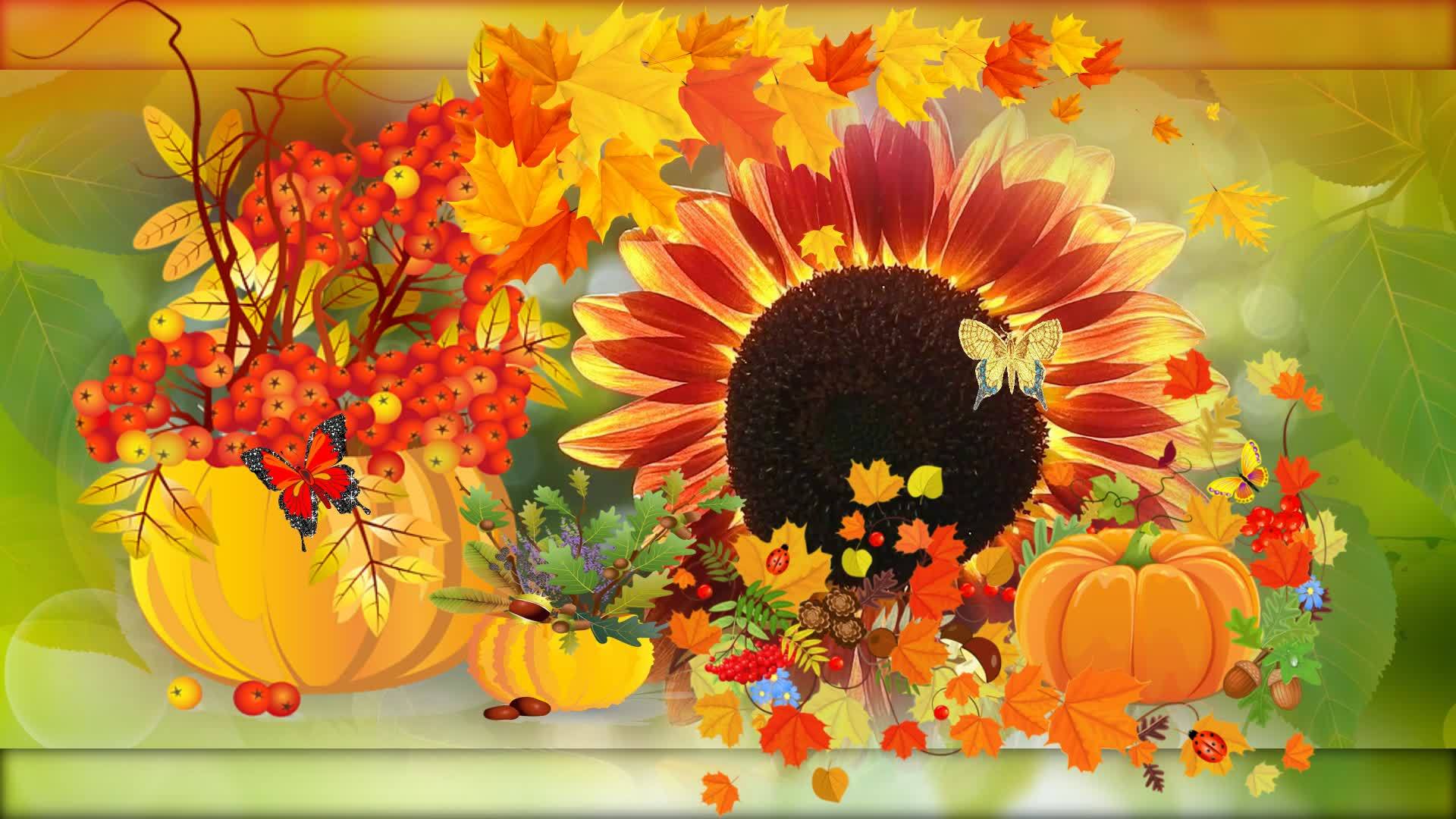Festivals of Harvest: Gratitude in Tradition invites us to explore the rich tapestry of celebrations that honor the bounty of the earth and express gratitude for the fruits of our labor. These festivals, deeply rooted in cultures around the world, serve not only as a time for joyous gatherings but also as a reminder of our interconnectedness with nature and each other. From vibrant parades to communal feasts, these traditions reflect the diverse ways communities celebrate their harvests and acknowledge the importance of gratitude.
As we delve into this fascinating subject, we will uncover the cultural significance behind various harvest festivals, examine the symbols and rituals that define them, and appreciate how they foster a sense of identity and belonging within communities. Each festival we explore tells a story of resilience, unity, and the timeless practice of giving thanks.
Culture is a rich tapestry woven from the threads of history, tradition, and human experience. Each culture offers a unique perspective on life, revealing the values, beliefs, and customs of the people who cultivate it. In this blog post, we’ll embark on a journey through various cultural traditions around the globe, exploring their significance, evolution, and the unifying threads that connect us all.
Understanding Cultural Traditions: Festivals Of Harvest: Gratitude In Tradition
Cultural traditions encompass a wide array of practices, from rituals and ceremonies to art forms and cuisines. These traditions are often passed down through generations, serving as a means of preserving a community’s identity and history. However, they are not stagnant; as societies evolve, so do their customs, adapting to changing environments and influences.
The Role of Rituals
Rituals form a cornerstone of many cultural traditions. They serve various purposes, such as marking significant life events, celebrating seasonal changes, or fostering community bonds. For example, in many cultures, weddings are elaborate ceremonies filled with specific rituals that reflect the couple’s heritage. In India, the vibrant and colorful festivities of a traditional Hindu wedding can last several days, rich with symbolism and meaning.

Festivals: Celebrating Identity
Festivals are another crucial aspect of cultural traditions, often reflecting a community’s history and values. They serve as a platform for collective expression and celebration. Take the Chinese New Year, for example. This festival is not only a time for family reunions but also a period steeped in mythology, with customs that include lion dances, fireworks, and the exchange of red envelopes to symbolize good fortune.
The Evolution of Cultural Traditions
As societies change, so too do their cultural traditions. Globalization has led to a fascinating interplay between cultures, often resulting in the fusion of different practices. This blending can be seen in culinary traditions, where ingredients and cooking methods from various cultures are combined to create new dishes. For instance, the rise of fusion cuisine has given birth to popular dishes like sushi burritos and taco pizzas, which reflect the culinary landscapes of their diverse origins.
Preserving Cultural Heritage
While evolution is a natural part of cultural traditions, preserving heritage is equally important. Many communities actively work to maintain their customs in the face of modernization. This effort often includes teaching younger generations about their cultural practices and the reasons behind them. For example, indigenous communities around the world strive to pass down their languages, stories, and traditional practices, emphasizing the importance of cultural identity in an increasingly homogenized world.

The Impact of Technology
In recent years, technology has played a significant role in shaping cultural traditions. Social media platforms allow for the sharing and dissemination of cultural practices on a global scale, enabling people to connect and learn from one another. This has led to a renewed interest in traditional crafts and practices, as artisans and cultural practitioners showcase their work online, reaching wider audiences than ever before.
Learning from One Another
As we delve into the myriad of cultural traditions, it becomes clear that there is much we can learn from one another. Understanding and appreciating diverse customs fosters empathy and respect, breaking down barriers between cultures. For instance, participating in a local cultural festival or attending a workshop on traditional crafts can provide valuable insights into another way of life, enriching our own experiences in the process.
Conclusion: A Shared Human Experience
In conclusion, cultural traditions are not just relics of the past; they are living expressions of human experience that connect us across time and space. By exploring and engaging with these traditions, we not only honor the heritage of different communities but also enrich our own understanding of the world. Let us celebrate the beautiful diversity of cultures, recognizing that our shared humanity is a common thread that binds us all.
User Queries
What are some examples of harvest festivals around the world?
Some well-known harvest festivals include Thanksgiving in the United States, Pongal in India, and the Mid-Autumn Festival in China.
Why are harvest festivals important?
They celebrate the agricultural cycle, promote community bonding, and express gratitude for the food provided by the earth.
How do harvest festivals differ across cultures?
Harvest festivals vary widely in their customs, rituals, and foods, reflecting the unique agricultural practices and cultural heritage of each community.
What role do harvest festivals play in cultural identity?
They reinforce a sense of belonging and pride in cultural heritage, helping to pass down traditions and values to future generations.
Can modern society benefit from harvest festivals?
Yes, they encourage community engagement, promote sustainable practices, and remind us of our connection to nature and each other.
Tinggalkan Balasan